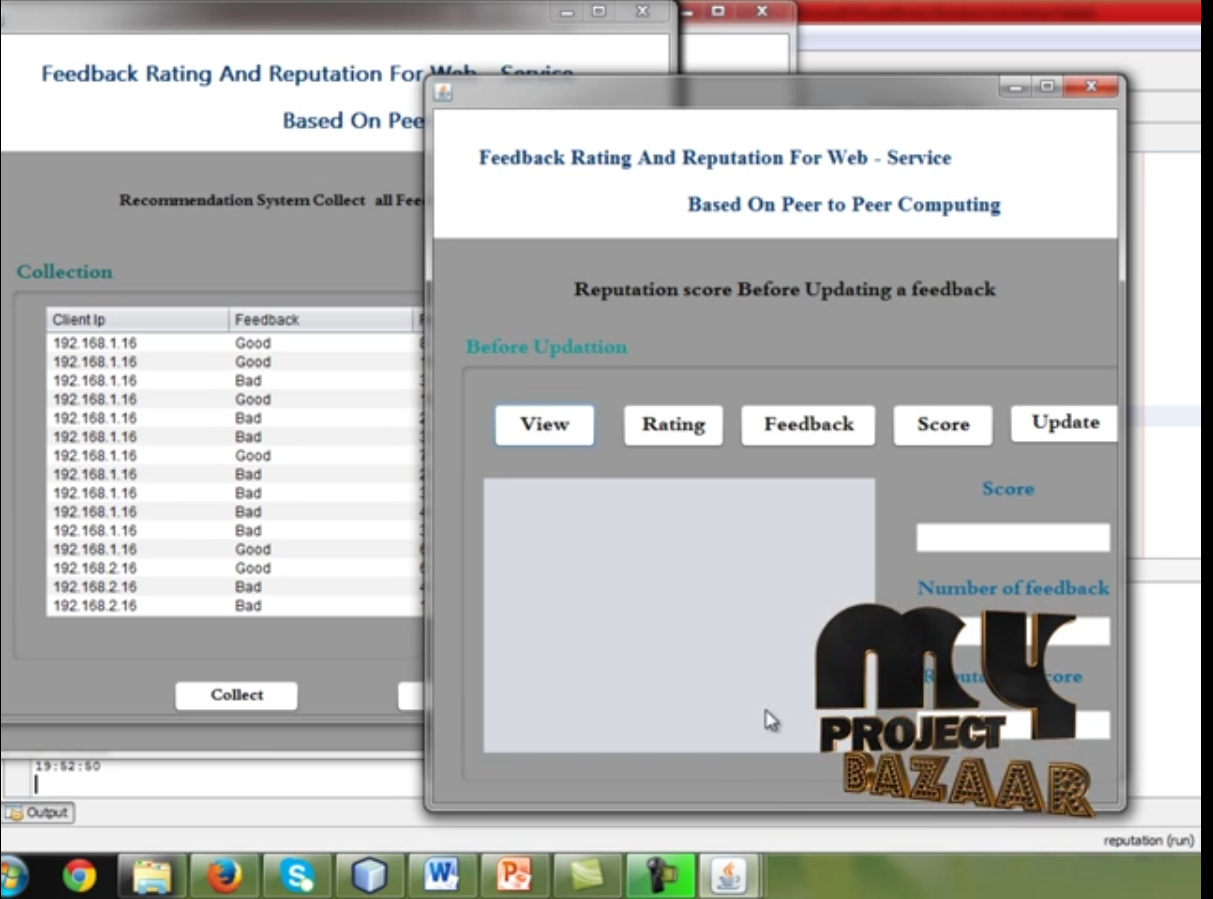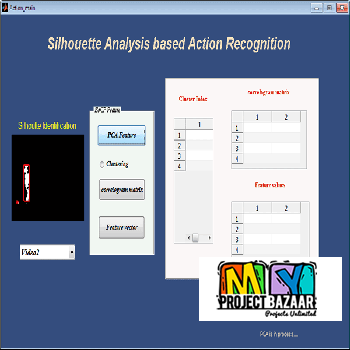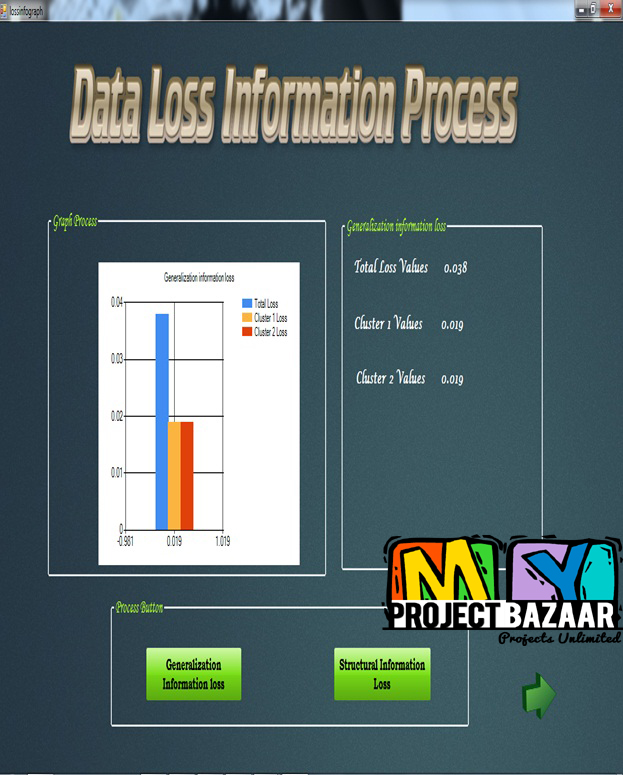
Reputation Measurement and Malicious Feedback Rating Prevention in Web Service Recommendation Systems
Product Description
Abstract—Web service recommendation systems can help service users to locate the right service from the large number of available web services. Avoiding recommending dishonest or unsatisfactory services is a fundamental research problem in the design of web service recommendation systems. Reputation of web services is a widely-employed metric that determines whether the service should be recommended to a user. The service reputation score is usually calculated using feedback ratings provided by users. Although the reputation measurement of web service has been studied in the recent literature, existing malicious and subjective user feedback ratings often lead to a bias that degrades the performance of the service recommendation system. In this paper, < Final Year Projects > we propose a novel reputation measurement approach for web service recommendations. We first detect malicious feedback ratings by adopting the cumulative sum control chart, and then we reduce the effect of subjective user feedback preferences employing the Pearson Correlation Coefficient. Moreover, in order to defend malicious feedback ratings, we propose a malicious feedback rating prevention scheme employing Bloom filtering to enhance the recommendation performance. Extensive experiments are conducted by employing a real feedback rating data set with 1.5 million web service invocation records. The experimental results show that our proposed measurement approach can reduce the deviation of the reputation measurement and enhance the success ratio of the web service recommendation.
Including Packages
Our Specialization
Support Service
Statistical Report

satisfied customers
3,589
Freelance projects
983
sales on Site
11,021
developers
175+Additional Information
| Domains | |
|---|---|
| Programming Language |
















